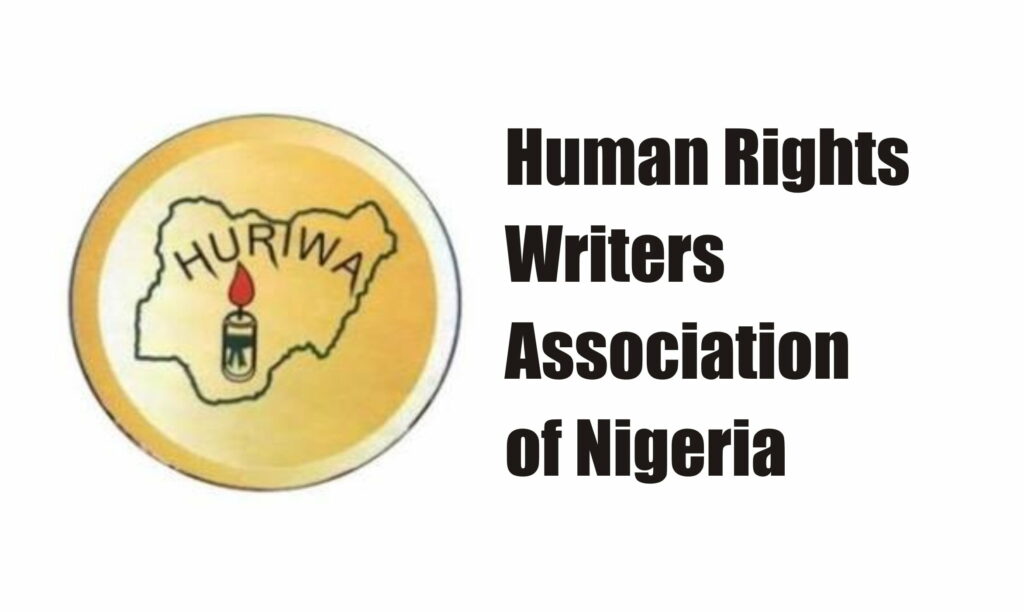- The Human Rights Writers Association of Nigeria condemned police attacks on peaceful protesters in Abuja and Port Harcourt, calling their actions reprehensible
- HURIWA criticized the use of teargas against demonstrators, alleging it was a provocation to escalate violence and suppress dissent
The Human Rights Writers Association of Nigeria (HURIWA) has condemned the recent attacks on protesters by the police commands in Abuja and Port Harcourt.
Comrade Emmanuel Onwubiko, HURIWA’s National Coordinator, expressed outrage over the use of teargas to disperse peaceful demonstrators.
In a statement, HURIWA described the Federal Capital Territory (FCT) police’s actions as “despicable and reprehensible” after they intervened around 8:54 a.m. to stop the ongoing protest.
The group highlighted that the October 1 protest was part of a larger movement built on the #EndBadGovernance protests held in August. Both protests were driven by frustrations over Nigeria’s worsening economic conditions and dissatisfaction with the government.
Despite the early shutdown, the #FearlessInOctober protest mirrored the growing unrest among Nigerians, who call for urgent steps to address the country’s economic challenges.
HURIWA also criticized the Rivers State police for similar attacks on protesters in Port Harcourt. The rights group raised concerns that the police in Rivers may be collaborating with armed hoodlums who disrupted the protests, taking over areas where peaceful demonstrations were being held.
Onwubiko stressed that the use of teargas against unarmed protesters was a deliberate provocation designed to incite a reaction, which would then give the police an excuse to escalate force, similar to what happened during the August protests against bad governance.
HURIWA expressed alarm that the Nigerian police have increasingly acted as enemies of democracy and tools of the ruling All Progressives Congress (APC).
The group accused the police of silencing Nigerians who speak out against poor governance, which has crippled the economy and left millions unemployed and in poverty.
